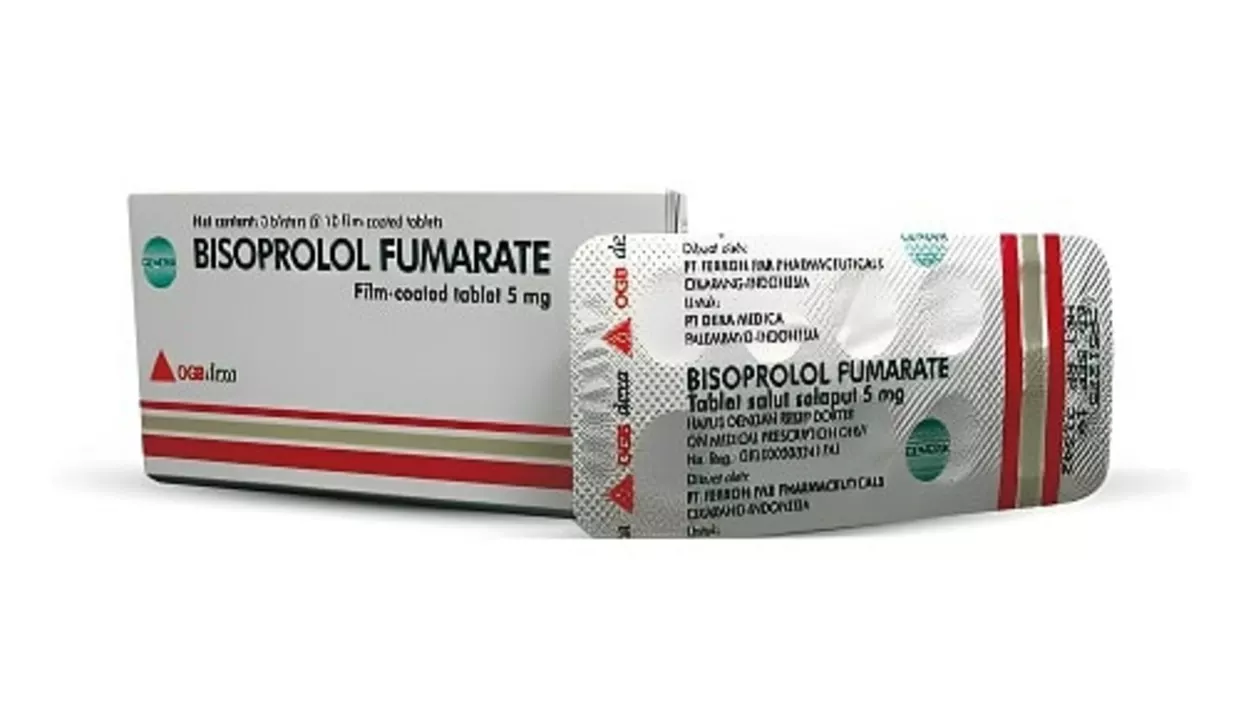Beta-Blockers: What They Are and How They Work
If your doctor mentioned a "beta‑blocker," you’ve probably heard it’s for the heart. In plain terms, beta‑blockers are medicines that slow down how fast adrenaline hits your body’s beta receptors. By doing this they lower heart rate, reduce blood pressure, and make the heart pump with less effort.
Why does that matter? High blood pressure, chest pain (angina), irregular beats, and even migraines can all improve when the heart isn’t over‑working. That’s why doctors reach for beta‑blockers in a lot of everyday cases.
Common Beta-Blocker Medications
There are several names you might see on a prescription label:
- Propranolol – often used for anxiety, tremors and migraine prevention.
- Atenolol – a go‑to for high blood pressure and heart‑related chest pain.
- Metoprolol – popular after a heart attack or for chronic heart failure.
- Carvedilol – works on both beta and alpha receptors, helpful in heart failure.
- Bisoprolol – another choice for hypertension and heart rhythm control.
All of them share the same basic action but differ in how long they last and how selective they are. Your doctor will match the right one to your condition, age, and other meds you’re taking.
When to Consider Alternatives
Beta‑blockers aren’t perfect for everyone. If you’ve got asthma, severe COPD, or a slow heart rhythm, they might make symptoms worse. Common side effects include fatigue, cold hands or feet, and sometimes sexual dysfunction. A few people also notice sleep problems or vivid dreams.
If any of these issues crop up, talk to your doctor. There are other blood‑pressure families that can do a similar job:
- Calcium channel blockers (like amlodipine) relax blood vessels without touching beta receptors.
- ACE inhibitors (such as lisinopril) block a hormone that tightens arteries.
- ARBs (like losartan) work like ACE inhibitors but with fewer cough side effects.
Sometimes doctors combine a low‑dose beta‑blocker with one of these alternatives to balance benefits and side effects.
Here are a few practical tips if you’re on a beta‑blocker:
- Take it at the same time every day – consistency helps keep blood pressure steady.
- Never stop abruptly. Going cold turkey can cause a rapid heart rate or high blood pressure spike.
- Keep an eye on your blood pressure and pulse, especially after starting or changing dosage.
- If you feel unusually dizzy, short of breath, or notice swelling in your ankles, call your doctor right away.
Remember, beta‑blockers are just one tool in the heart‑health toolbox. Lifestyle habits – a balanced diet, regular exercise, and stress management – boost their effectiveness and may let you use lower doses.
Got more questions about a specific beta‑blocker or need help picking an alternative? Browse our other articles on Viamedic for deeper dives into individual drugs, dosing guides, and safety checklists. We keep the info plain, up‑to‑date, and easy to act on – so you can stay in control of your heart health.
The Relationship Between Bisoprolol Fumarate and Anxiety
As a copywriter, I've recently researched the relationship between Bisoprolol Fumarate and anxiety. Bisoprolol Fumarate is a beta-blocker often prescribed to treat high blood pressure and heart-related issues. Interestingly, some studies have shown that it can also help with anxiety symptoms by reducing the physical manifestations, such as rapid heart rate and trembling. However, it's crucial to note that this medication is not a direct treatment for anxiety disorders and should only be taken under a doctor's supervision. Overall, while Bisoprolol Fumarate may provide some relief for anxiety symptoms, it's essential to explore other treatments and therapies specifically tailored to address anxiety.
About
Health and Wellness
Latest Posts


Supporting a Loved One with OCD: Practical Tips for Family and Friends
By Orion Kingsworth Sep 22, 2025

Home Remedies for Yeast Infections of the Skin: What Works and What Doesn't
By Orion Kingsworth May 6, 2023

Calcium, Iron, and Mineral Interactions with Medications: What You Need to Know
By Orion Kingsworth Dec 15, 2025

